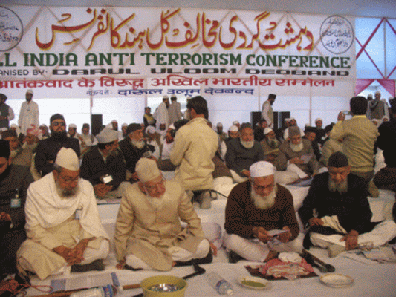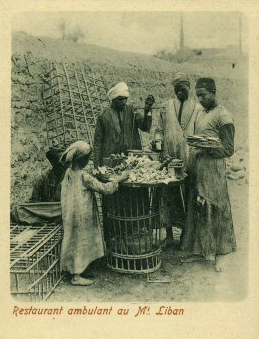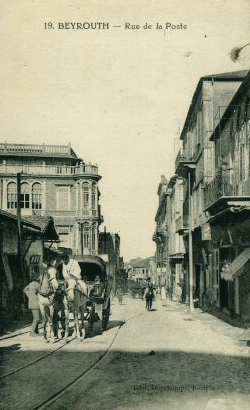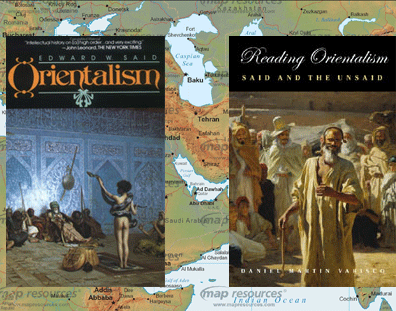
Is there a ‘Final Solution’ to the Muslim Question?
by Tareq Fatah, The Muslim Question, Wednesday, May 20, 2009
On the weekend I came across an article by Hugh Fitzgerald of Jihad Watch in which he mocked Senators John Kerry and Richard Lugar for daring to suggest that Pakistanis “are like us.”
This mild exhibition of empathy towards Pakistanis so riled up the good Mr. Fitzgerald that he blasted not just the two senators for having the the temerity to equate Americans and Pakistanis, he suggested we not trust any Muslim until he or she renounces Islam.
The fact that Americans and Pakistanis are both human beings governed by democratically elected governments who seek to wipe out the scourge of Jihadi terrorism, and that both admit to having played a role in creating these monsters, was lost on Fitzgerald. The fact that two countries have been allies–militarily and politically–for two generations, mattered little to the writer. The fact that nearly a million Americans have Pakistani ancestry did not matter either. For him, since Pakistanis are Muslim therefore they cannot be “like us”. Continue reading Final Solution



